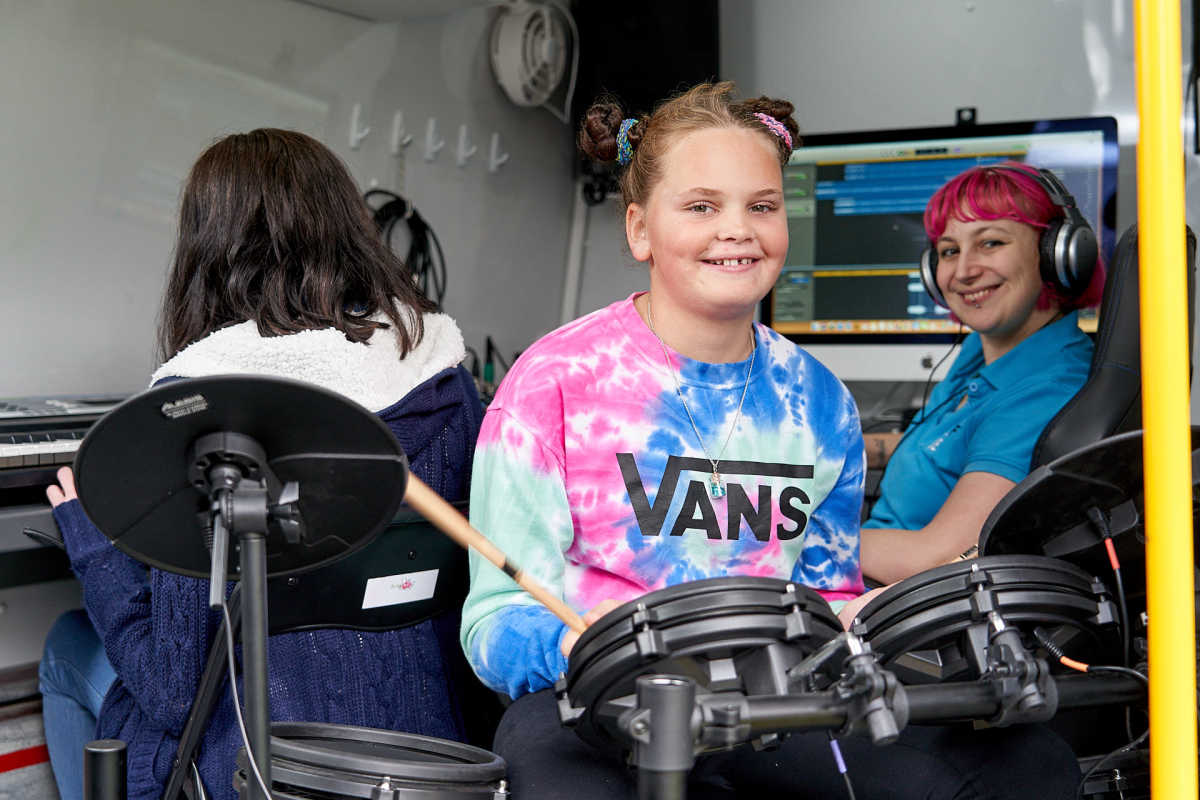Our commitment to education
A successful education journey is essential for a positive future. However, many children and young people growing up in out-of-home care are at risk of not achieving their educational potential as they are often impacted by complex histories and trauma.
As a major provider of out-of-home care (OOHC) for children and young people in Australia, Life Without Barriers' recognises that we play an important role – not only are we responsible for ensuring children and young people have the best start in life, but also to support them reach their learning goals and full potential.
Life Without Barriers is committed to working with children and young people, families, carers, governments, and education providers so that all children and young people can experience inclusive education and fully participate in learning, alongside similar-aged peers.
Our Education Strategy "Learning Without Barriers" outlines our commitment to working together to ensure our education systems are inclusive.
Education Strategy 2023-2025
Through our Strategy 2025, Life Without Barriers set broad aspirations to improve the education and learning outcomes for children and young people in our care.
'Hear my Voice' experiences of young people in out-of-home care
Children and young people in out-of-home care have the right to have their voices heard and to participate in decisions that affect their lives. At Life Without Barriers, we believe this is particularly important when it comes to education. The Life Without Barriers Education Strategy is a roadmap to uphold the fundamental right of access to education, so that all children and young people can meet their learning potential. A key part of our Education Strategy’s success is listening to young voices.
You can watch all the episodes in the 'Hear my Voice' series, including Audio Described versions, here on YouTube.
The voice of children and young people
Hearing the voice of children and young people is important to us. Hear what Shiloh has to tell us about the importance of culturally responsive education.
What do we want to achieve?
Revitalise education and enhance learning outcomes for children and young people in out-of-home care by addressing individual barriers, challenging systemic barriers, and influencing positive change that promotes educational achievement.
We have four key areas of focus:
1. Lifelong Learners
Engaging and inspiring children and young people in education and learning that ignites learning for life.
2. Confident Caregivers
Supporting staff and carers to be a driving force in setting children and young people up for education and learning success.
3. Purposeful Partnerships
Partnering with government, educators, and the care sector to accelerate education opportunities for children and young people in care.
4. Focused Organisation
Implementing structural, systemic, and cultural changes in our education and child protection services.
Want to know more?
If you would like to know more or have any questions for our Education Unit, then please feel free to contact us at:
Hook into Books
We have teamed up with Australian authors, children, young people, carers and our Life Without Barriers workforce to provide an annual literacy campaign, Hook into Books!
Our goal is to create conditions that nurture a love of reading and engage children and young people in care to share and listen to stories.
Hook into Books creates easy access to a range of fantastic books and multimodal literacy opportunities for our community.
Learn more about Hook into Books
Are you an existing carer with us?
Access helpful resources, see hints and tips, find carer events, connect with other carers and more.
Extra resources
Want to know more?
If you would like to know more or have any questions for our Education Unit, then please feel free to contact us at:
